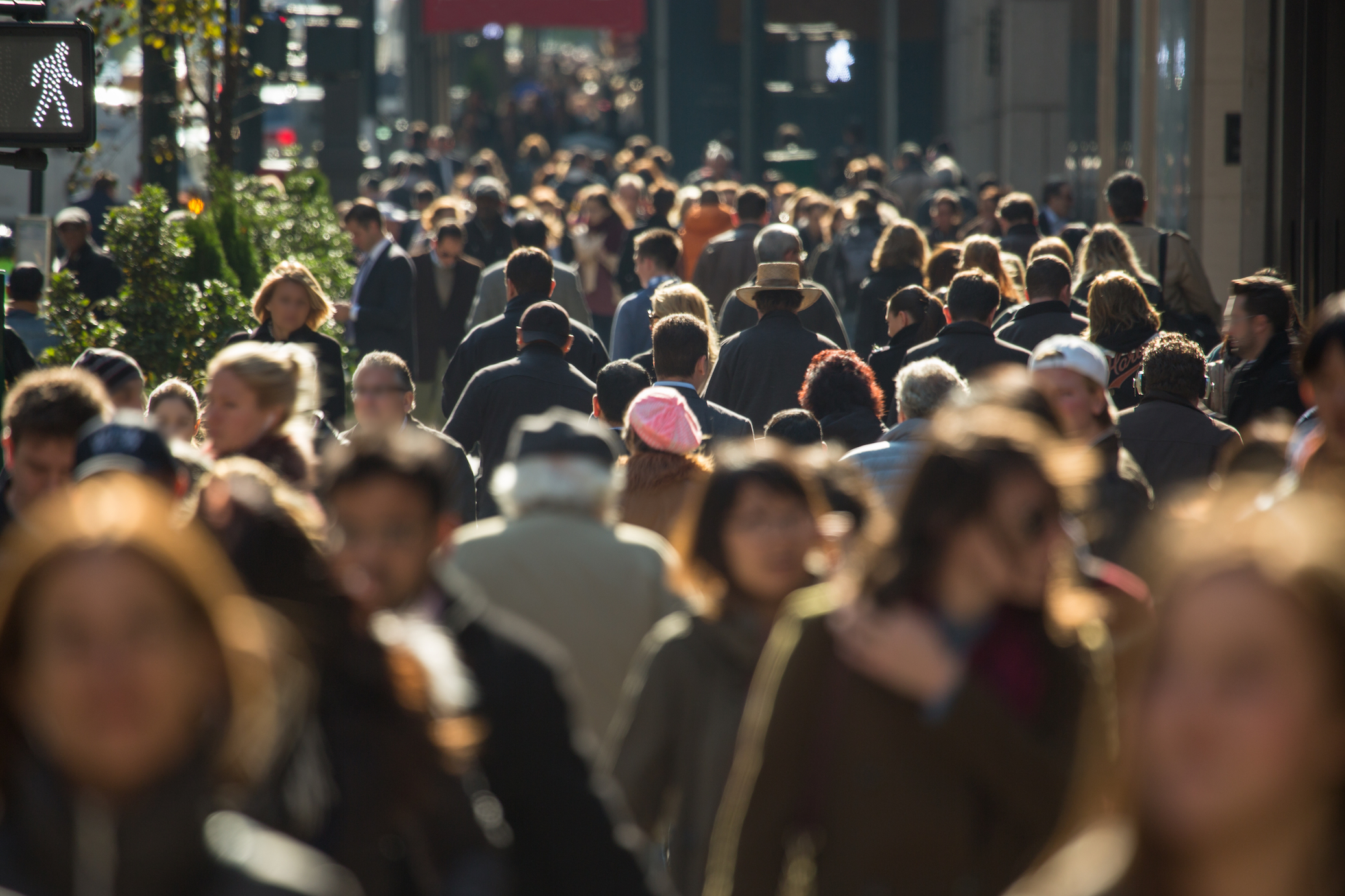
New Yorkers are getting heavier, struggle with sleep, study shows
Public health trends haven’t been exactly positive in recent years, as obesity rates and the prevalence of chronic diseases and mental illness have only increased in many areas. Now, a recent study of residents of New York City has found that people are getting heavier, having difficulty sleeping, and many are suffering from depression.
In a study published online in the Journal of Urban Health, researchers from the NYU School of Medicine and NYC Health Department conducted analyses based on physical examinations, laboratory testing, and interviews with more than 1,500 residents of the city. Their sample population represented every gender and race in the city’s five boroughs. The data for these assessments were collected through the NYC Health and Nutrition Examination Survey, or NYC HANES.
“For the first time, we are getting a long-term look at New Yorkers’ physical health using objective measures, such as blood cholesterol and sugar levels, diet, weight, as well as mental health and chronic diseases,” explains Lorna Thorpe, PhD, MPH, an epidemiologist and one of the NYC HANES study principal investigators.
The findings of the study were both vast and mixed. Results were separated by race in order to determine the racial and ethnic disparities that still persist within public health. Obesity increased from 27 percent to 32 percent, with blacks having the highest obesity rate and Asians experiencing the largest increase in obesity – from 20 percent to 29 percent. Although the increase in obesity levels in NYC was less severe than national trends, some groups had greater increases than others. These groups were those who had no more than a high school education, lacked health insurance, or were immigrants.
Women had lower rates of risk factors for heart disease than men, with lower rates of hypertension, less prevalence of smoking, and greater consumption of healthy fruits and vegetables. White women had better heart health than any other race or gender group, and black women had the worst heart health of all adult groups – with a 20 percent greater likelihood than white men of being overweight or obese.
Over 500,000 residents have symptoms of depression, with the highest rates of depression being among women and Latinos. Even more concerning, most people who experience depression are not receiving mental health counseling or taking medications to treat their depression. “These findings underscore the need for expanded screening and accessible mental health treatment in the city,” says Christina Norman, PhD, director of research and evaluation in the NYC Health Department’s Bureau of Mental Health and one of the studies’ authors. “Primary care physicians can play a role in identifying depression in their patients by using widely available mental health screening tools, providing treatment when needed, and referring individuals to mental health clinics when indicated.”
Overall, this wealth of information is necessary for both physicians and policymakers to help address disturbing health trends in the city. Hopefully, studies such as this will lead to an increased focus on the public’s physical and mental health.
—
By Connor Ertz, Earth.com Staff Writer













